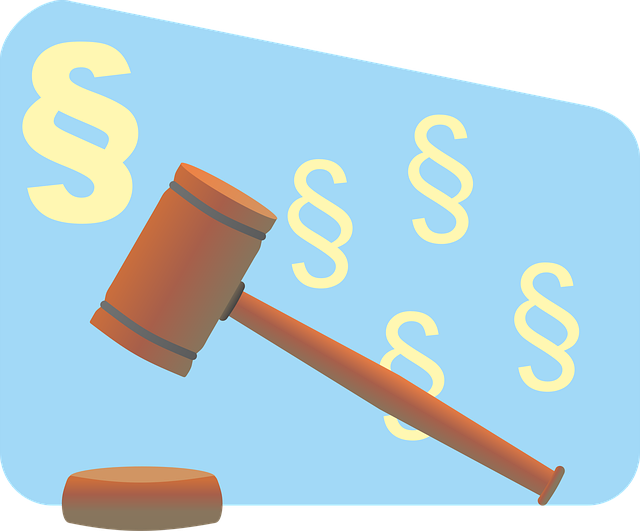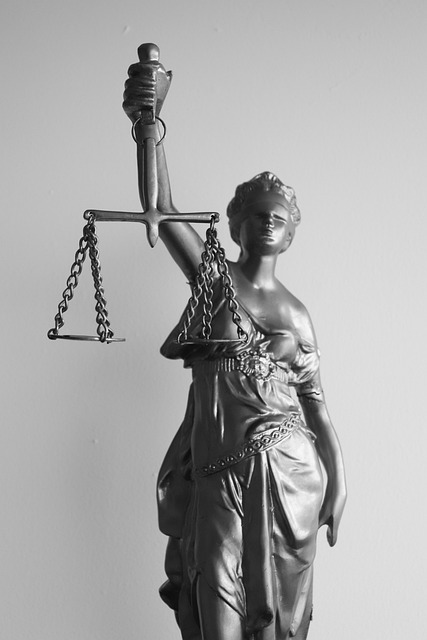The Criminal Procedure Timeline From Arrest to Trial meticulously guides antitrust violation investigations and prosecutions. This structured process involves evidence collection from corporate servers and personal devices, interviews, and digital trail analysis by special agents and forensic analysts. Pre-trial hearings strategize arguments and gather evidence, while the trial phase presents arguments before a judge or jury aiming for guilt or innocence determination. Sentencing considers violation impact and mitigating factors, with appeals addressing potential legal errors, extending the timeline.
“Antitrust violation cases navigate a complex criminal procedure timeline from arrest to trial. This article delves into each pivotal stage, offering insights into the legal processes involved. From post-arrest investigation and evidence gathering to filing charges, pre-trial hearings, trial phase, and eventual sentencing—each step demands meticulous preparation and strategic maneuvering. Understanding these procedures is essential for businesses and legal professionals navigating antitrust litigation, underscoring the importance of a comprehensive guide to this intricate legal landscape.”
- Post-Arrest Investigation: Gathering Evidence
- Filing Charges: Legal Procedures Initiated
- Pre-Trial Hearings: Preparedness and Strategy
- Trial Phase: Presenting Arguments
- Sentencing: Consequences and Appeals
Post-Arrest Investigation: Gathering Evidence

After an arrest for suspected antitrust violation, a meticulous post-arrest investigation begins, following a structured criminal procedure timeline from arrest to trial. This phase is crucial in gathering evidence that will either convict or exonerate the accused. Law enforcement agencies and prosecutors work collaboratively to unearth relevant documentation, conduct interviews, and analyze digital trails, all of which are essential for building a robust case.
The investigation process involves sifting through vast amounts of data from corporate servers, personal devices, and financial records, often spanning years of business transactions. This is where the expertise of special agents and forensic analysts comes into play, ensuring that evidence is handled properly and admissible in court. The goal is to uncover any anticompetitive practices, such as price-fixing or market allocation, through concrete facts and digital traces, thereby shaping the trajectory of high-stakes cases, whether they settle outside of jury trials or proceed to court with corporate and individual clients on the stand.
Filing Charges: Legal Procedures Initiated

When investigating and filing antitrust violation cases, a series of legal procedures are initiated, following a meticulous criminal procedure timeline from arrest to trial. This process begins with thorough inquiries and evidence collection by antitrust authorities, who scrutinize business practices and transactions. If sufficient evidence suggests a potential breach of antitrust laws, charges are filed against the alleged violators, whether they are corporate or individual clients.
These charges trigger formal legal proceedings, where both prosecution and defense prepare their arguments and strategies. Across the country, similar cases often set precedents, influencing future legal interpretations and outcomes. The journey from arrest to trial involves numerous steps, each with its own timeline, including preliminary hearings, grand jury investigations, and, ultimately, jury trials, which decide the fate of those accused of antitrust violations.
Pre-Trial Hearings: Preparedness and Strategy

Pre-trial hearings play a pivotal role in the criminal procedure timeline from arrest to trial, especially for complex cases like antitrust violations. During this phase, both parties—the prosecution and defense—begin crafting their strategies and gathering evidence. The defendant, often representing a prominent corporation or individual, engages in white collar defense, employing legal teams to navigate the intricacies of the case. This preparation is crucial as it sets the stage for what’s to come, shaping the narrative and potential outcomes.
In these pre-trial hearings, attorneys delve into discovering relevant facts, examining witnesses, and presenting arguments. The unique aspect here is understanding the impact on not just the immediate philanthropic and political communities affected by the alleged violation but also its repercussions across the country. This strategic planning ensures a robust defense, considering both direct and indirect implications, which can significantly influence the criminal procedure timeline and subsequent verdicts.
Trial Phase: Presenting Arguments

During the trial phase, the focus shifts from pre-trial preparations to presenting arguments and evidence before a judge or jury. This critical stage in the criminal procedure timeline from arrest to trial is where both the prosecution and defense attorneys have the opportunity to make their case. In high-stakes cases, such as those involving white collar defense, each party meticulously crafts their argument, aiming to sway the decision-maker.
The prosecution sets forth its case against the accused, presenting evidence and witness testimonies designed to prove guilt beyond a reasonable doubt. Conversely, the defense attorney employs legal strategies to challenge the prosecution’s claims, raise doubts about the evidence, and highlight any procedural irregularities. The ultimate goal is to secure a favorable outcome, whether through acquittal or a reduced sentence, keeping in mind the unique complexities that arise in each case.
Sentencing: Consequences and Appeals

Sentencing plays a pivotal role in antitrust violation cases, determining the fate of both corporate and individual defendants. The consequences can be severe, often involving substantial fines and imprisonment. The Criminal Procedure Timeline From Arrest to Trial becomes pertinent here, as it outlines the steps that lead up to sentencing, offering a clear understanding of the process. After a guilty verdict or plea, the judge considers relevant factors such as the nature and extent of the violation, its impact on the market, and any mitigating or aggravating circumstances. This process is designed to ensure fairness and proportionality in punishment.
Appeals are a common outcome following sentencing, especially when significant penalties are imposed. Defendants, for his clients, may challenge the verdict or sentence on various grounds, including legal errors, procedural irregularities, or disparities in comparison with similar cases. Navigating these appeals requires careful legal strategy, often leading to lengthy processes that can extend well beyond the initial Criminal Procedure Timeline From Arrest to Trial. Ultimately, the goal is to secure a just outcome, whether it involves avoiding indictment or mitigating the consequences for corporate and individual clients alike.
Understanding the criminal procedure timeline, from post-arrest investigation to sentencing, is crucial for navigating antitrust violation cases. Each phase, including evidence gathering, legal procedures, pre-trial hearings, trial, and appeals, demands meticulous preparation and strategic planning. By adhering to this structured approach, legal teams can ensure a fair process, protect client rights, and achieve just outcomes in complex antitrust litigation.






